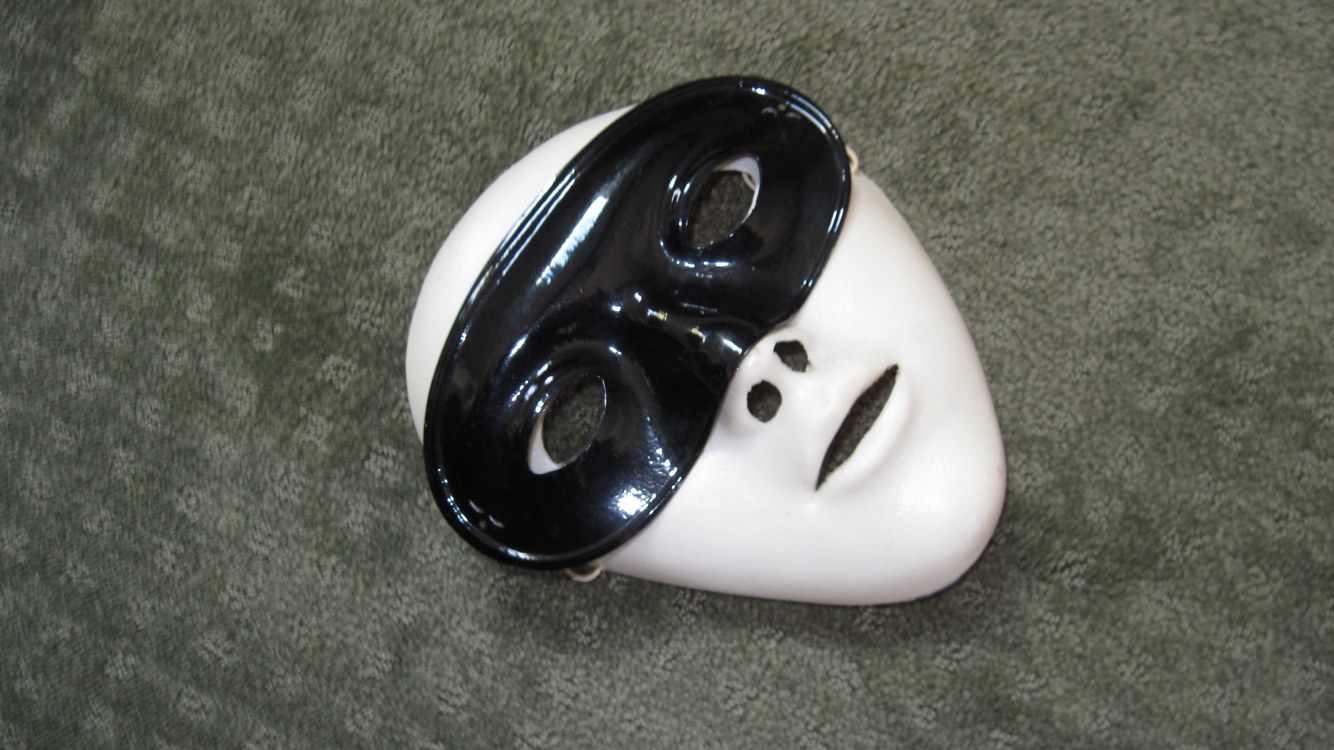The Impostor Phenomenon #2: Are You a Sufferrer?
By: Betty Bickers, LCSW Posted On Apr 12, 2017
Betty's Office 2.2 The Impostor Phenomenon: Are You a Sufferer?
You have a job and you are generally doing well overall. Performance reviews reflect you are seen as valuable to the organization and competent in your position. From the outside, you seem to be handling your success just fine. This is what you need others to think. You are hiding.
You are trying to remain undercover about the fact that you feel like a fake a lot of the time. Perhaps you feel that you have fooled people into over-estimating your ability. You may attribute your success to some factor other than your intelligence and ability. You fear being exposed as a fraud and work very hard to keep this from happening.
You work extremely hard to prove yourself at work while trapped inside a repeating thought cycle of self-doubt and worry. Any success you do experience just intensifies your fear that you won't be able to maintain your level of performance. You honestly don't believe that you deserve the praise you have received. Your need for perfection combined with an intense fear of failure result in you being relentlessly demanding of yourself.
This ongoing sense of not being "good enough" can contribute to the development of anxiety symptoms like sleeplessness, sweating, shortness of breath, shakiness, and feelings of dread. Depression can set in as you feel emotionally drained in your situation. From the outside you may appear to have it all together, but internally you are anything but fine.
These Impostor Phenomenon feelings are robbing you of the feeling of having earned your success. They are also robbing you of your confidence.
Do you identify with any of the Impostor Phenomenon traits described above? Do you care about someone suffering from the Impostor Phenomenon?
70% of all professionals can experience these feelings (in varying degrees) at some time in their careers. This article, however, is addressing workers more chronically affected by these confidence crushing thoughts and fears.
"But if I have gotten this far with this work style, why would I risk changing it?"
This fear of failure combined with extremely high standards can result in an IP sufferer experiencing procrastination and other self-sabotaging behaviors that actually do hinder their progress up the ladder of success. Paralysis can set in when one demands only the best from themselves all of the time. Perfectionism encourages inefficient work methods. IP sufferers would benefit from becoming more aware of how their perfectionism may be working against them.
IP sufferers may consciously or unconsciously start to hold themselves back from challenges that could further their careers. They may become intimidated by success or be so afraid of failure that they avoid being challenged. They tend to remain in their comfort zones and may stick with "safe" work methods due to fear of risk-taking. The possibility of failure is inherent in risk-taking. Learning to cope with this overwhelming fear of failure is crucial in helping to reduce the self-limiting effects of the Impostor Phenomenon.
Instead of seeking out job performance feedback, they may avoid any evaluation which might confirm their deepest fears that they actually are incompetent. This same feedback could be the very thing the IP sufferer needs to hear to make genuine forward progress in their career development.
There is irony in the fact that truly talented, skilled, intelligent people struggle so hard just to feel OK about themselves.... only to then sabotage themselves due to their own high standards. This is why discussing this "Imposter thing" is important. These folks are suffering from their own erroneous thinking styles. They deserve to feel the success they have worked so hard far and have actually achieved.
The Imposter feelings can be overcome, but not without introspection (insight) and focused practice (behavioral change). Understanding the familial and cultural forces impacting your own sense of competence and how you define success may help you finally recognize that you are, in fact, being too hard on yourself. Others can tell you this, but an IP sufferer needs to find this out on their own.
If you think you may suffer from the Impostor Phenomenon, consider keeping a written account of "impostor thoughts" you have. Start becoming aware how often you question or doubt yourself during your workday? Do you ruminate excessively over your perceived missteps? Briefly note the time of these thoughts and what triggered them. Notice how frequently these thoughts occur to you.
Dr. Pauline Rose Clance (one of the two psychologists who initially identified this psychological phenomenon) has created a test to measure for Impostor Phenomenon traits with a simple scoring method. This Clance IP Scale is available along with a reprint of this article in the Betty's Blog section at my website www.BettyBickers.com.
There are many reasons that the Imposter Phenomenon exists and we will explore its origins in our next article in this series.
